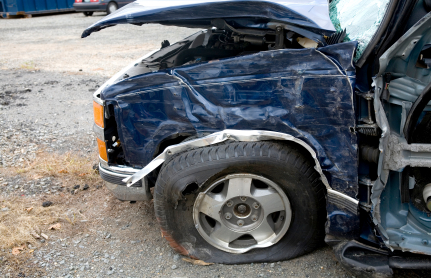When to Stop Paying Collision
Collision insurance is there to protect you from having to pay for damages that may happen to your vehicle, but it is not required to be able to drive and may not be needed in some cases.
Unlike liability coverage, collision insurance is not required to be in place for you to be able to drive. There are situations that you have to carry collision insurance on your vehicle, but this is not something that is required by your state government.
For those situations that you do not have to have it on your vehicle and you are looking to save some money in your budget this may be when to stop paying collision insurance on your car.
Stop Paying Collision Insurnace if You Can’t Afford It
Some people live on a very tight budget and have to cut corners where ever they can. If you need to cut some expenses, dropping your collision insurance from your insurance policy will save you money and you will still be able to drive your vehicle. However, you have to weigh the good with the bad in this situation.
Dropping collision insurance will do you good in saving you money, but you may be in a bad place financially if you cannot afford to fix any damages to your car from out of your own pocket. Because you dropped your collision insurance, your insurance company is no longer going to be stepping in to pay for the cost of damages above and beyond your deductible.
Stop Paying Collision Insurance With No Lienholder
The one situation in which you will be required to carry collision insurance on your vehicle is if you have a lienholder on it. A lienholder is the business that gave you the money to buy your vehicle and who you are now making monthly car payments to. They require that you carry collision insurance on your vehicle because until you pay off your car loan, the vehicle actually belongs to them and they want to make sure that it is protected from damages.
Once you have paid off your car loan and your lienholder sends you the title of the car, you are no longer required to carry collision insurance on this vehicle. If you wish to remove this coverage to save money on your premium you are now free to do so.
Stop Paying Collision Insurance when Your Vehicle is Old
If your vehicle is in pretty bad shape or it is just old, it may not be worth your money to even worry about putting collision insurance on it. If you were to get into an accident and the vehicle is a total loss, the insurance company is only going to pay up to a certain percentage of the vehicles worth.
If you have paid out more in insurance premium for the collision insurance than what the insurance company is going to pay out, you are better off just putting that money in a bank account and paying for any damages yourself. At least with having the money that you would have paid for collision insurance with in a bank account you can earn some interest off of the money.





